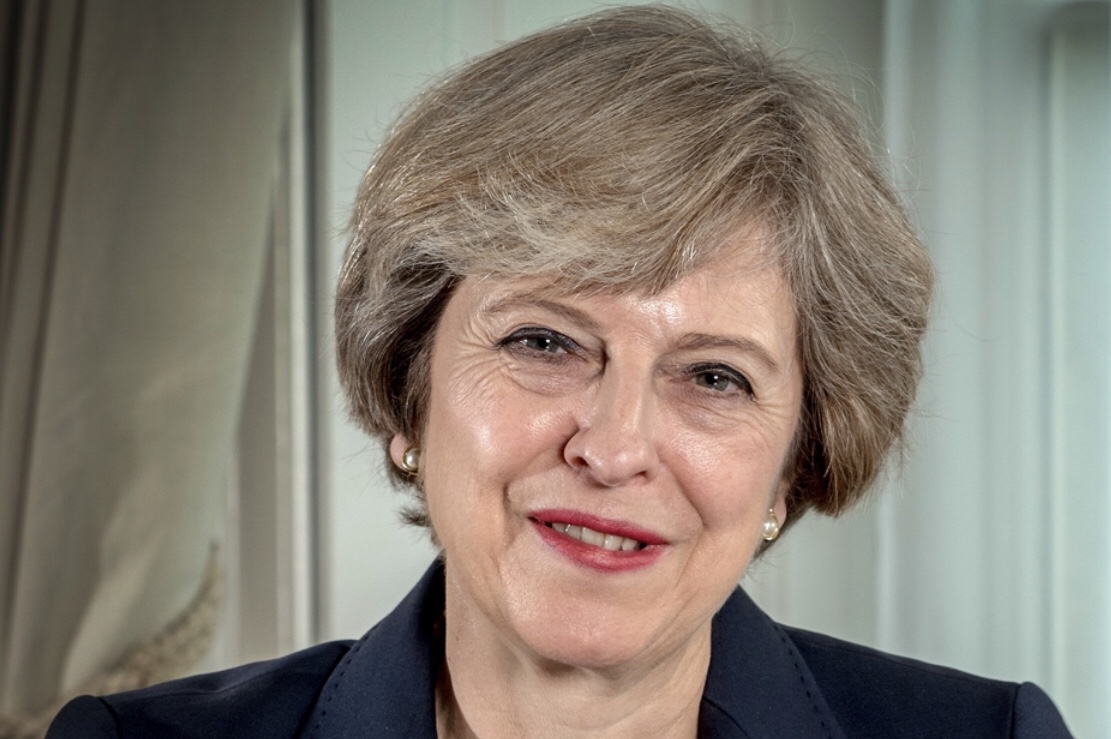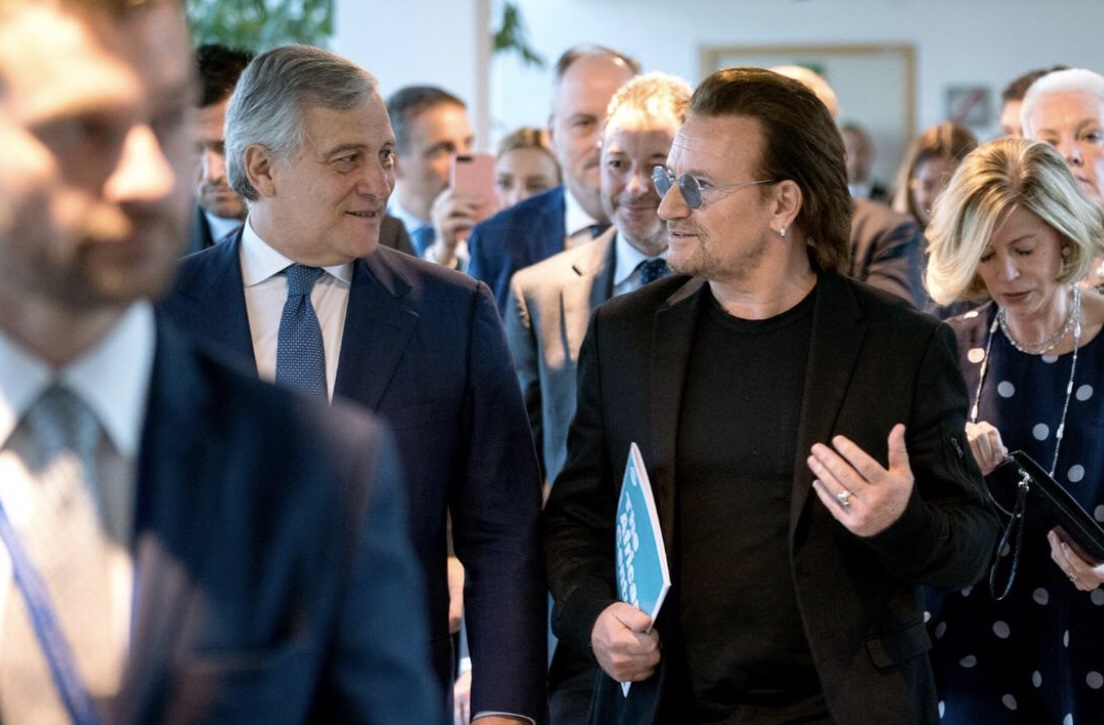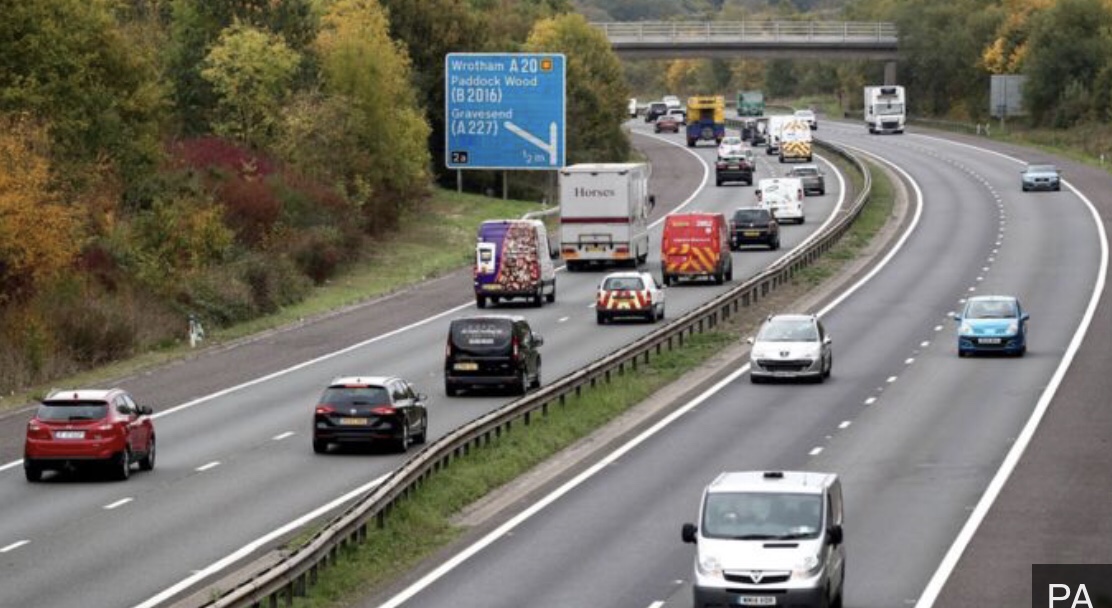PM statement tonight, 15 October:
“With permission Mr Speaker, I would like to update the House ahead of this week’s European Council.
We are entering the final stages of these negotiations.
This is the time for cool, calm heads to prevail.
And it is the time for a clear-eyed focus on the few remaining but critical issues that are still to be agreed.
Yesterday the Secretary of State for Exiting the European Union went to Brussels for further talks with Michel Barnier.

There has inevitably been a great deal of inaccurate speculation.
So, I want to set out clearly for the House, the facts as they stand.
First, we have made real progress in recent weeks on both the withdrawal agreement and the political declaration on our future relationship.
And I want to pay tribute to both negotiating teams for the many, many hours of hard work that have got us to this point.
In March, we agreed legal text around the implementation period, citizens’ rights and the financial settlement.
And we have now made good progress on text concerning the majority of the outstanding issues.
Taken together, the shape of a deal across the vast majority of the withdrawal agreement – the terms of our exit – are now clear.
We also have broad agreement on the structure and scope of the framework for our future relationship, with progress on issues like security, transport and services.
And perhaps, most significantly, we have made progress on Northern Ireland – where, Mr Speaker, the EU have been working with us to respond to the very real concerns we had on their original proposals.
Mr Speaker, let me remind the House why this is so important.
Both the UK and the EU share a profound responsibility to ensure the preservation of the Belfast Good Friday Agreement, protecting the hard won peace and stability in Northern Ireland and ensuring that life continues essentially as it does now.
We agree that our future economic partnership should provide for solutions to the unique circumstances in Northern Ireland in the long term.
And, while we are both committed to ensuring that this future relationship is in place by the end of the implementation period, we accept that there is a chance that there may be a gap between the two.
This is what creates the need for a backstop to ensure that, if such a temporary gap were ever to arise, there would be no hard-border between Northern Ireland and Ireland – or indeed anything that would threaten the integrity of our precious union.
So this backstop is intended to be an insurance policy for people of Northern Ireland and Ireland.
Previously, the European Union had proposed a backstop that would see Northern Ireland carved-off in the EU’s customs union and parts of the single market, separated through a border in the Irish Sea from the UK’s own internal market.
As I have said many times, I could never accept that, no matter how unlikely such a scenario may be.
Creating any form of customs border between Northern Ireland and the rest of the UK would mean a fundamental change in the day-to-day experience for businesses in Northern Ireland – with the potential to affect jobs and investment.
We published our proposals on customs in the backstop in June, and after Salzburg, I said we would bring forward our own further proposals – and that is what we have done in these negotiations.
And the European Union have responded positively by agreeing to explore a UK-wide customs solution to this backstop.
But Mr Speaker, two problems remain.
First, the EU says there is not time to work out the detail of this UK-wide solution in the next few weeks.
So even with the progress we have made, the EU still requires a “backstop to the backstop” – effectively an insurance policy for the insurance policy.
And they want this to be the Northern Ireland-only solution that they had previously proposed.
We have been clear that we cannot agree to anything that threatens the integrity of our United Kingdom.
And I am sure the whole House shares the government’s view on this.
Indeed, the House of Commons set out its view when agreeing unanimously part 6, section 55 of the Taxation (Cross-border Trade Act) on a single United Kingdom customs territory.
This states:
“It shall be unlawful for Her Majesty’s Government to enter into arrangements under which Northern Ireland forms part of a separate customs territory to Great Britain.”
So, Mr Speaker, this message is clear – not just from this government, but from this whole House.
Second, Mr Speaker, I need to be able to look the British people in the eye and say this backstop is a temporary solution.
People are rightly concerned that what is only meant to be temporary could become a permanent limbo – with no new relationship between the UK and the EU ever agreed.
I am clear we are not going to be trapped permanently in a single customs territory unable to do meaningful trade deals.
So it must be the case, first, that the backstop should not need to come into force.
Second, that if it does, it must be temporary.
And third – while I do not believe this will be the case – if the EU were not to co-operate on our future relationship, we must be able to ensure that we cannot be kept in this backstop arrangement indefinitely.
I would not expect this House to agree to a deal unless we have the reassurance that the UK, as a sovereign nation, has this say over our arrangements with the EU.
Mr Speaker, I do not believe the UK and the EU are far apart.
We both agree that Article 50 cannot provide the legal basis for a permanent relationship.
And we both agree this backstop must be temporary.
So we must now work together to give effect to that agreement.
Mr Speaker, so much of these negotiations are necessarily technical.
But the reason this all matters is because it affects the future of our country.
It affects jobs and livelihoods in every community. It is about what kind of country we are and about our faith in our democracy.
Of course, it is frustrating that almost all of the remaining points of disagreement are focused on how we manage a scenario which both sides hope should never come to pass – and which if it does, will only be temporary.
We cannot let this disagreement derail the prospects of a good deal and leave us with the no deal outcome that no-one wants.
I continue to believe that a negotiated deal is the best outcome for the UK and for the European Union.
I continue to believe that such a deal is achievable.
And that is the spirit in which I will continue to work with our European partners.
And I commend this Statement to the House”.
Read the article here: https://www.gov.uk/government/speeches/pm-statement-on-brexit-15-october-2018
Bono, the frontman of U2 and co-founder of the ONE Campaign, visited the European Parliament on 10 October.

“Europe is an amazing romantic idea, that we speak in so many different languages but with one voice,” said Bono during the visit. At the Parliament he met President Antonio Tajani and Parliament’s political group leaders.
People are nervous about increasing nationalism. I am exited about increasing internationalism”.
The One campaign is an international organisation that fights extreme poverty and preventable disease, particularly in Africa.
The M26 in Kent is being shut overnight while work is done to see if it can be used as a “parking lot” for lorries, in the event of a no-deal Brexit.
Tory MP Tom Tugendhat questioned why work began with “no consultation” – despite assurances none was planned.

He has warned the work would “create chaos” in the surrounding area.
Transport Secretary Chris Grayling confirmed the work was part of “no-deal” contingency planning but said he thought it would not be needed.
The M26 will be closed overnight, from 2200 BST until 0530 BST until 15 October and again between 19 November and 21 December.
Sections of the M20 in Kent can be closed under Operation Stack, when lorries are forced to queue because of disruption to rail or ferry journeys.
And there have been concerns that a no-deal Brexit could mean lorries getting stuck at the nearby port of Dover because of customs delays.
Mr Tugendhat, MP for Tonbridge and Malling, which covers the eastern half of the 10-mile long M26, told the Commons he had been assured that works were not planned as recently as last week – only to find out on Wednesday night that they were going ahead.
He told MPs: “It’s come to a pretty pass when a member finds out that works have begun on a motorway to turn that motorway into a parking lot without consultation either with the local community or with surrounding members.
“The M26 works started last night. I wrote (to Mr Grayling) in April, asking whether or not this would happen.
“I was assured the works were not planned and only yesterday (Wednesday) was it confirmed to me that Highways England had said that is exactly what was planned, despite having told me the reverse a week earlier.”
Mr Grayling replied that he would be happy to meet the MP to discuss the issue, but added: “I do not expect any of the contingencies that we have in place for a no-deal Brexit to be needed because I’m confident we will reach a sensible agreement.”
A spokesman for Highways England said: “As part of wider resilience planning, Highways England has been asked by the Department for Transport to develop plans to utilise the M26 to hold heavy goods vehicles, should further capacity be required in the future.
“We will be undertaking site surveys on the M26 during October leading to the installation of two gates in the central reservation to support the safe management of freight in the future, if needed.”
Operation Stack is currently used on closed sections of the M20 in Kent, where lorries park while waiting to cross the English Channel when traffic is disrupted.
A new strategy, Operation Brock, due to start in early 2019, plans to use a contraflow to keep the roads open when problems arise.
Source: BBC News






You must be logged in to post a comment.